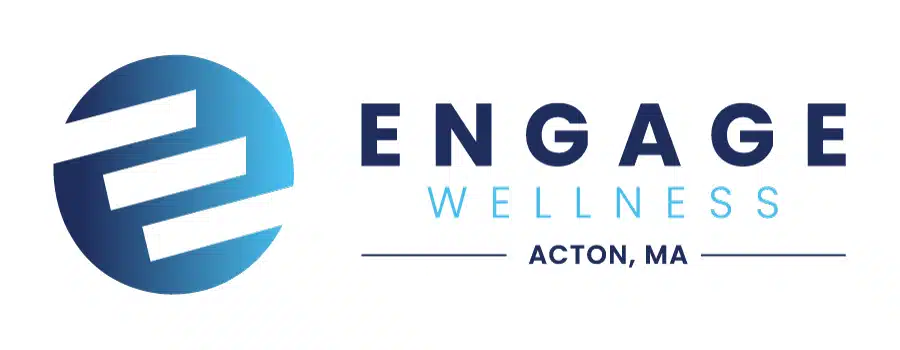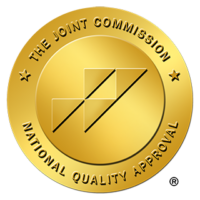Proven Treatment For Addiction and Dual Diagnosis Issues
Overcoming addiction is about more than just quitting substances – it’s about transforming how you respond to life’s challenges. Dialectical Behavioral Therapy (DBT) is an effective, evidence-based approach designed to help you manage intense emotions, improve relationships, and build the skills needed to maintain long-term sobriety. Through individual therapy, group sessions, and practical skills training, DBT provides the tools to navigate life with more balance, resilience, and confidence.
If you’re ready to take control of your recovery and create lasting change, DBT can help you unlock the potential for a brighter, sober future.
What is Dialectical Behavioral Therapy For Addiction?
Dialectical Behavioral Therapy is a type of mental health counseling that focuses on teaching people how to manage their emotions, tolerate distress, and build healthier coping mechanisms.[1] Originally developed to treat those with borderline personality disorder (BPD), DBT has proven to be highly effective for those struggling with addiction as well.
DBT helps you create balance in your emotions and behaviors, improving your ability to navigate life’s ups and downs without turning to substances. It empowers you to manage cravings, handle stress, and improve relationships, all of which are crucial for sustaining long-term sobriety.[2]
At Engage Wellness, we make DBT a cornerstone of our personalized treatment approach. You’ll work closely with skilled therapists who are committed to helping you integrate DBT techniques into your daily life. Through a combination of individual therapy and small group sessions, you’ll learn how to manage emotions, navigate distressing situations, and break free from patterns of substance use.
We believe in creating a space where you can heal – emotionally and mentally – without judgment. With DBT at the core of our treatment, you’ll gain the skills to build a sober life grounded in balance, mindfulness, and emotional strength.
The Core Components of DBT
DBT is built on a set of core components designed to help people gain better control over their emotions, thoughts, and behaviors. These elements work together to provide a structured, holistic approach to healing, especially for those struggling with addiction. It focuses on mindfulness, emotional regulation, and interpersonal skills, empowering you to navigate challenges in a healthier, more balanced way:[3]
The Benefits of DBT For Addiction
Developed by Marsha Linehan, DBT is an evidence-based psychotherapy designed to address intense emotional dysregulation and harmful behaviors, such as substance use.[4] DBT focuses on building mindfulness, emotional regulation, distress tolerance, and interpersonal effectiveness – key skills that help individuals manage cravings, cope with intense emotions, and navigate the challenges of addiction recovery.
One of the core advantages of DBT is its focus on mindfulness, a powerful tool for staying present and reducing the impulsivity often associated with substance abuse. By engaging in mindfulness practices, people in recovery can learn to observe their thoughts and feelings without judgment, making it easier to manage cravings and emotional triggers. Additionally, emotion regulation skills help clients recognize and control intense emotions that often lead to substance use, whether it’s alcohol addiction, drug addiction, or co-occurring mental health issues. Through skills training in individual therapy sessions and group therapy, clients develop effective tools to reduce self-destructive behaviors, such as self-harm, while also improving their ability to communicate and set healthy boundaries in relationships.
DBT is also particularly effective for people with BPD, post-traumatic stress disorder (PTSD), and other mental health disorders that frequently co-occur with addiction.[5] The structured nature of DBT treatment programs offers support to those who might struggle with emotional dysregulation and high-risk behaviors. By learning to tolerate distressing emotions and develop healthier coping strategies, individuals gain the skills to handle life’s challenges without resorting to substance abuse or destructive patterns.
What We Treat
Engage Wellness incorporates Dialectical Behavioral Therapy (DBT) into our comprehensive addiction treatment programs to help individuals develop the skills needed for lasting recovery. DBT’s focus on mindfulness, emotion regulation, and distress tolerance equips clients with essential tools to manage cravings, intense emotions, and triggers.
Build Resilience and Cultivate Healing With Us
If you or a loved one are ready to take the next step toward lasting recovery, DBT at Engage Wellness can help you build the skills needed for a healthier, more fulfilling life. Reach out today to learn more about our treatment options and how we can support you in your journey toward healing.
Frequently Asked Questions About DBT Therapy For Addiction in Massachusetts
Can DBT be used in group therapy settings?
DBT is often delivered in group therapy settings where clients can learn and practice essential skills like mindfulness and interpersonal effectiveness, which help in managing emotions and building healthier relationships.
Is DBT suitable for people who have tried other therapies without success?
Absolutely. DBT is designed to be particularly effective for individuals who have struggled with other therapies, especially those with severe emotional dysregulation or addiction, offering them new, practical tools to manage intense emotions and cravings.
Can DBT help with self-harm or suicidal behaviors?
Yes, DBT is highly effective in reducing self-harm and suicidal behaviors, as it focuses on building skills in distress tolerance and emotional regulation to help individuals manage high-risk behaviors and intense emotions in healthier ways.









